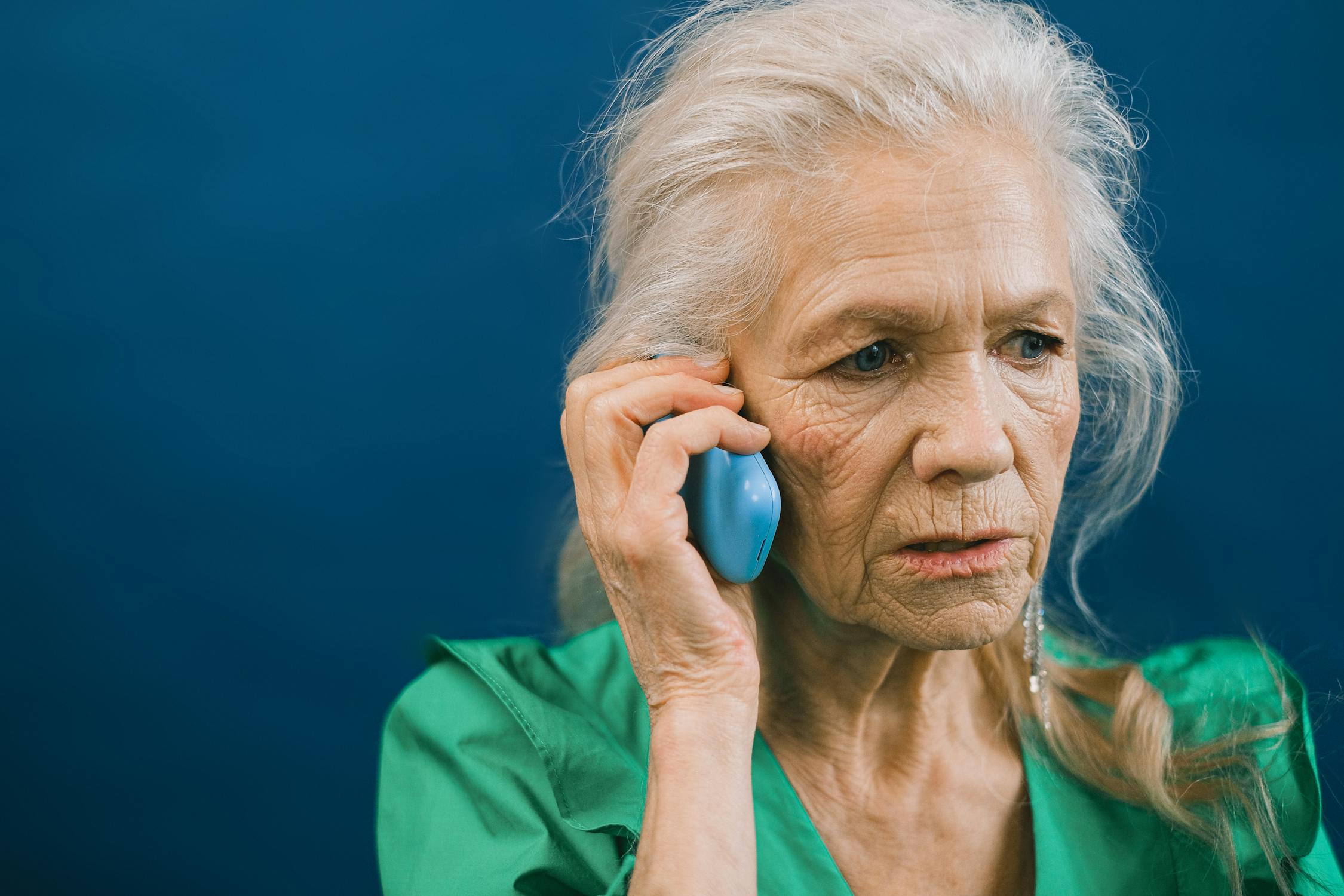Daily check-in calls are a wonderful foundation. They give us reassurance that Mom or Dad is safe and offer a friendly voice to brighten the day. But sometimes I find myself asking: are the calls enough? The truth is, while check-ins are powerful, real peace of mind comes from adding a few extra layers of care.
Keep family communication open.
One of the simplest but most effective steps is making sure siblings, cousins, and close relatives are in the loop. A quick group text or shared calendar can coordinate visits, grocery runs, or rides to appointments. When the family stays connected, no one person carries the whole responsibility.
Stay connected to their health.
Regular doctor visits, medication reviews, and health screenings are essential. Encourage your parent to keep a calendar of appointments, and offer to join via speakerphone if you can’t be there in person. Simple tools like pill organizers or reminder apps can reduce stress and help avoid mistakes.
Keep the home comfortable and safe.
A few small changes can make a big difference. Check lighting in hallways and stairs, add non-slip rugs, and make sure everyday items are within easy reach. If your parent enjoys cooking, think about simplifying the kitchen setup so it’s safe and easy to use. Comfort is about both safety and joy — a cozy chair by the window can be as important as a grab bar in the bathroom.
Nurture hobbies and purpose.
Happiness isn’t just about avoiding danger; it’s about living fully. Encourage your loved one to stay engaged with hobbies, community groups, or faith activities. Even something as simple as a weekly puzzle book, a small gardening project, or a phone call with grandchildren can add structure and joy to their days.
Make space for visits.
When possible, plan regular in-person visits, even if they’re short. Sharing a meal, walking through the neighborhood, or sitting together with a cup of tea creates moments that technology can’t replace.
Daily check-ins are a strong safety net, but they’re just the beginning. By layering in health support, family coordination, and opportunities for joy, we can help our parents not only live independently but thrive with comfort and connection.
